Why Unleavened Bread?
If there is one Passover food that can present a dining challenge, it would be matzoh, or unleavened bread. Though it really shines at breakfast when combined with eggs to make one of my wife’s favorites, fried matzoh, it makes a messy sandwich. The boards break easily, and she tells me it was no fun eating tuna salad or peanut butter on matzoh during Passover when she was growing up. Exactly why do Jewish people avoid leaven (yeast) for these eight days?
First, God commanded it. The Israelites were to eat the Passover lamb “with unleavened bread” (Ex.12:8). They also were to remove all leaven from their homes and eat unleavened bread for an additional seven days: “On the first day you shall remove leaven from your hous-es. For whoever eats leavened bread from the first day until the seventh day, that person shall be cut off from Israel” (v. 15).
The Hebrew word for “leaven” is hametz. Observant Jewish people around the world literally remove all hametz from their premises. Some even will sell their baked goods to a Gentile friend and buy them back after the holiday.
Second, the Jewish people “came out of the land of Egypt in haste” (Dt. 16:3) and had no time to wait for their bread to rise. So the holiday commemorates the Exodus with unleavened bread.
However, another plausible reason why leaven is forbidden is because God often associates it with sin.
Jesus told His disciples, “Take heed and beware of the leaven of the Pharisees and the Sadducees” (Mt. 16:6). The disciples did not immediately grasp that He was speaking of the religious leaders’ doctrine, which was characterized by sin and hypocrisy. Jesus later told the Pharisees, “For you travel land and sea to win one proselyte, and when he is won, you make him twice as much a son of hell as yourselves” (23:15).
Jesus wanted His followers to be different. He wanted them to be holy. Later in the New Testament, the apostle Paul (also Jewish) wrote to the church at Corinth: “Do you not know that a little leaven leavens the whole lump?” (1 Cor. 5:6). A tiny package of yeast can produce two large loaves of bread. Leaven permeates the other ingredients, begins to ferment, and expands. Sin is similar. It begins small, like a little germ or infection, then grows bigger and bigger. In many cases, it can totally overtake an individual.
God required His people to eat unleavened bread for eight days to remind them that they were to be separate from the world. God had redeemed them from bondage in Egypt via the 10 plagues. Then He commanded Israel, “You shall be holy, for I the Lᴏʀᴅ your God am holy” (Lev. 19:2). He also told them, “I am the Lᴏʀᴅ, I do not change” (Mal. 3:6).
He is the same “yesterday, today, and forever” (Heb. 13:8) and still desires holiness from those who are called by His name.
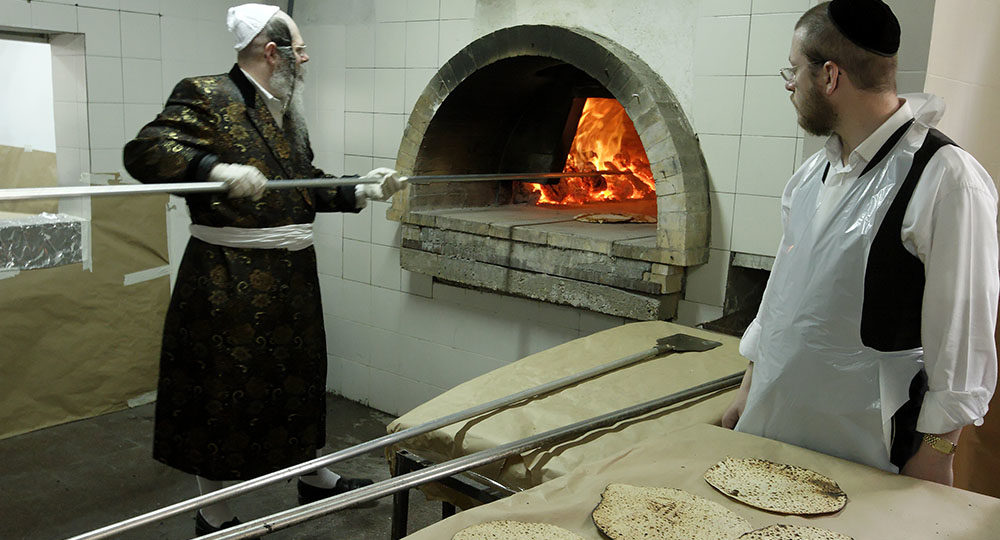

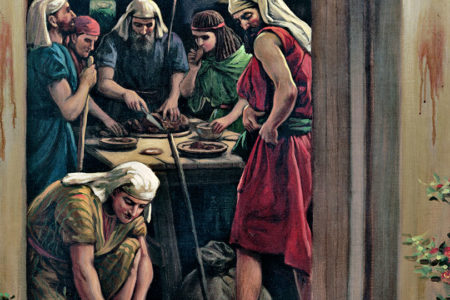
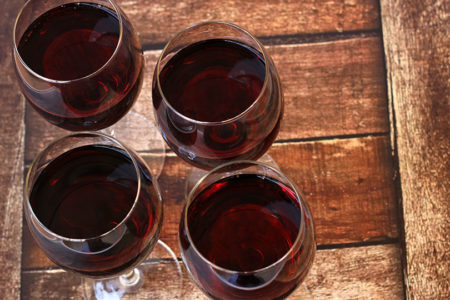
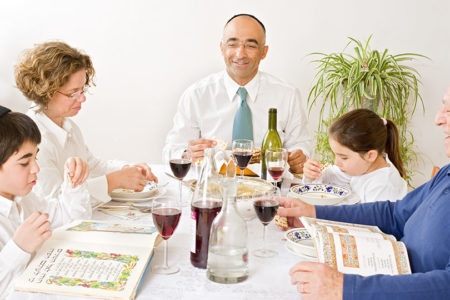
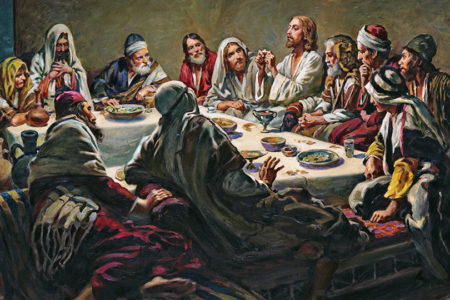

Water was contaminated, wine was not of a high alcohol content and much safer to drink during Jesus time. The low alcohol content was enough to destroy many germs.
I’ve been falling asleep listening to the Bible and also listen to it while I’m sleeping. I also read and listen when I’m awake but this sleeping with it thing is really a Blessing. I never knew this about leavened or unleavened bread. I am a 55 year old Christian, formerly Roman Catholic, and I just want to do everything God asks of me. It’s already in my calendar for the 5th of April to not eat leavened bread for 8 and 7 days. Fascinating! One thing that disturbs me is when someone says “Why? you’re not Jewish!” They just don’t get it.
I believe the true implications and meaning is what yeast (leaven) does to the bread. It puffs it up and makes it palatable to the taste buds. I observe this same kind of “leaven” happening in today’s church. For instance; true worship of God must come from the heart to be acceptable to Him. But, many churches “puff up” this sacred act by band music that mimics the world, inducing Christians to love the show rather than love God.
I agree that many church services use bands as entertainment and overwhelms the purpose of being there to worship. But one should remember David the King had instruments and people to make a joyous sound and danced but it was to worship God not to entertain the masses per se.
When you pray, remember you are asking from God, or thanking God for his blessings and coverage of your sins. He wants us to think of him, not just when things go south, but of the good things and just to acknowledge Him in our lives. Model after Enoch, who was the friend of God, they used to talk and walk together in the spirit of Love.
Back to the original topic, I think there may be a health reason to avoid leaven at times too. Just like sometimes you want all bacteria eliminated (some enzymes help to break down your foods to more absorbable nutrition). If you look at many of the laws in the Old Testament, there was additional health reasons to avoid the creeping thing that the NWO wants you to eat bugs, and GMO plant adulterated with insect DNA…. All good things are from God, make certain to thank him in your daily life too.
I ask this question with the very greates respect to God, I ask this question because God, wants me and all of us to search for the truth, and to seek his truth constantly. It is said that yeast expands withing ourselves Like sin, and so we are not to consume it. Yeast is like sin and so expands within, us and so we are not to eat anything containing yeast over the passover because of the similitude of yeast to sin. However, I can’t help asking myself, did the Israelites drink beer during the passover, or even more-so,wine, as both of these consumables like bread owe their existance to yeast. It is the yeast that makes the wine and the beer, and produces the alcohol that make the beverages what they are. Surly if this was the explanation then why are we allowed to consume yeast in a beverage and not in food?
Who said wine or beer was acceptable?
No one ! (At least in the Bible)
Leveaned bread is not always prohibited, but it is during passover as a reminder to be holy and separate for God’s sake. As far as wine and beer are concerned, if it has leaven, then it should not be in the house nor consumed during Passover. During other times and seasons than Passover it is acceptable. Those commentors that say beer and wine is not acceptable during other times are full of themselves, wanting control over others behavior just to see if they can. Remember Jesus (Christians) is not partaking of wine until after his second coming, however, it did like wine. For those that only want grape juice for communion with God, that is your choice, but it is not the wine used traditionally so stop putting your will over others, without authority from God.
Steve Young, the Lord God commands that we do away with any form of leaven from our household, therefore anything that has an iota of yeast in it was to be taken away. One thing to know is that apart from grape juice 🍇 no other drink was permitted during the Passover and unleavened feast.
It has always been a question in my mind but now I am grateful of this explanation. It makes a lot of sense.
Thank you for the explanation, now I understand.
I have heard this before but this is detailed thanks from hephzibahsblog.com
Thanks for the information am blessed and I have known that sin bigins like infection and grows bigger and bigger Amen.
It always feels good to seek.. Thank you Holy Spirit.
Yes thank you for explaining that.
Thank you for explaining this scripture on God’s instructions to the Israelites on yeast. I was wondering why…